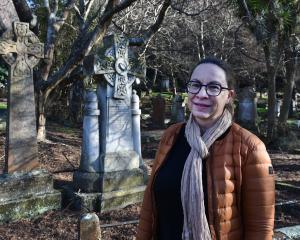
OCEAN DEVIL: The Life and Legend of George Hogg
James MacManus
Harper Perennial, pbk, $25
Review by Ron Tyrrell
George Hogg had no direct association with New Zealand, but when he died in northwest China, aged 30, he left many memories of his period with the Chinese agricultural co-operative movement.
Working as a journalist in the 1930s and '40s during the Japanese invasion, and later during the civil war between the Chinese Nationalists and Communists, Hogg became headmaster of a co-operative school for orphans, whom he led with their industrial equipment on a 700-mile winter trek across high mountain ranges (1944-45) to evade the advancing Japanese and avoid allegations that the CIC movement was communist.
He re-established the school before he died from tetanus. Rewi Alley succeeded him as headmaster.
Hogg met most of the major communist leaders and was helped by New Zealand missionaries stationed in his part of China.
His grave was despoiled during the Cultural Revolution, but his pupils have fond recollections of him, and today the Bailie School in Shandun looks out upon sculptures of Hogg and Alley.
The book names the recent feature film, The Children of Huang Shi starring Jonathan Rhys-Meyers, which takes as its basis Hogg's exploits as related in this book.
- Ron Tyrrell is a Dunedin historian.












